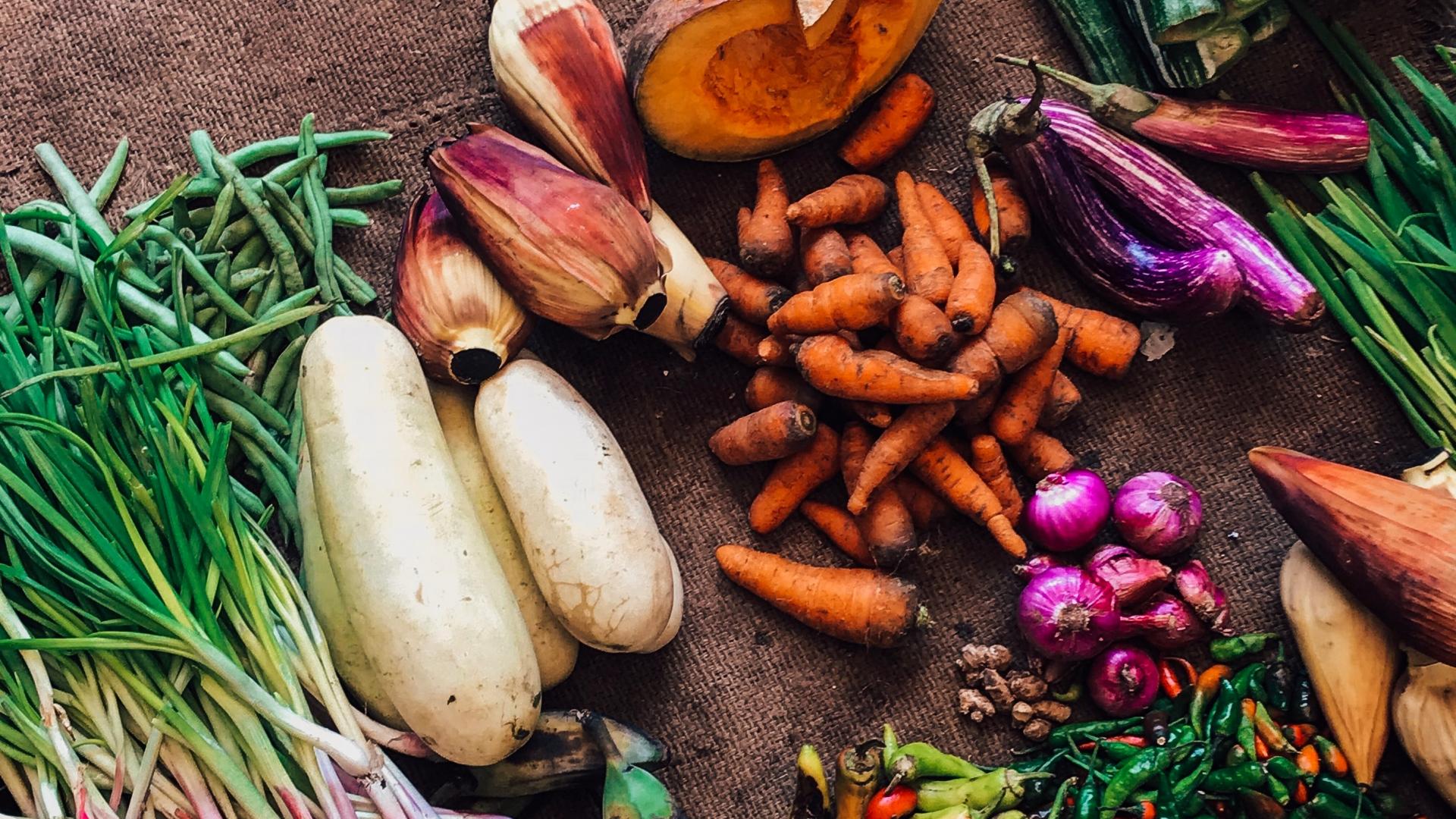Ben Roberts
In last week’s blog, we explored the increasing reliance on food banks as wage insecurity and the ballooning cost of living drive people into food poverty. The focus here was on the consumer side, reflecting on the current reality for the general public that’s pushing them towards food bank usage, creating enormous demand and threatening to overwhelm community fridges. This week, however, our focus is on the supply side.
Earlier this month I was interested to read about a new tech start-up combatting food waste. Receiving an impressive first round of funding, this company’s aim is to help grocery stores protect their bottom line by reducing fruit and vegetable overstock. According to them up to 40% of food grown in the US is never eaten, a problem heavily weighted towards wastage in the supply side, in part due to rejected produce. This figure seemed enormous to me but surely, I thought, a purely American problem. After all, their eggs are all blasted a perfect white and their fruits sit under constant misters to maximise aesthetic appeal. I could imagine their uglier veggies being tossed long before they had a chance to grace the shelves of the local store. But this has been a long-standing practice for British supermarkets as well, and one that’s only been addressed in recent times.
For years, British farmers have had to hedge their bets when planting crops. It’s been known for farmers to plant up to twice the crop needed to meet the demand of their supermarket partners. This is due to the strict aesthetic requirements that these supermarkets impose that half of produce could fail to meet. Even ignoring the ecological failures that these requirements insist on in terms of water and land use, it also means less income for farmers, less supply available to the public, and vegetables left to rot in the soil, unfit even for harvest.
But climate change is making this unviable as a business practice. The unpredictable and more extreme weather of the past decade is driving crops to become stunted or ripen too early or late. As a result, supermarkets are facing the issue that too much of their produce is cosmetically unappealing. Enter ‘wonky’ veg.
Whether it’s called Odd (OddBox), Less Than Perfect (Waitrose), Wonky (Lidl and Morrisons), or Imperfect (Tesco and Sainsburys), supermarkets have begun selling the produce that would have, a few short years ago, been rejected from shelves. They have also been removing best-before dates from fruits and vegetables in the hopes of increasing the shelf lives of perishables. This keeps them stocked while enabling them to provide a warm fuzzy to consumers for ‘saving’ lumpy carrots and apples – food only at risk of the bin because of the supermarkets’ own practices.
Of course, as desperate times call for desperate measures, the charity sector is stepping up to make up for the failings of the current system. Feeding Britain, for example, has provided grant funding to support gleaning, the ancient requirement for farmers to allow the poor to pick their fields. The past six years have seen a 500% increase in gleaning groups UK wide, whose aim is to rescue the 1.6 million tonnes of food left in-field after harvest, an estimated half-a-billion pounds worth of viable fruits and vegetables that otherwise wouldn’t see consumption.
While many businesses have partnered with for-profit food rescue companies such as Too Good To Go, many charities are also stepping in to redistribute surplus to those in food poverty. Companies such as FoodCycle, The Felix Project, and UKHarvest all aim to reduce the amount of food that shops end up binning, while supporting at-risk members of the public with meals. These efforts are effective in ensuring that food waste stays to a minimum and people get fed, but what is needed is systemic change. And it is possible: in 2016, France mandated that supermarkets must donate unsold food products, and similar laws could be implemented in the UK.
But with one in every ten members of the public struggling to afford food, we must face the reality that food redistribution is not a solution to food poverty. A system which supports a huge margin of waste is not sustainable when an increasing proportion of the population are going hungry. But while we campaign for change from our government, it’s uninspiring to read that in the past 3 years alone MPs have produced food waste equal to 2.6 million meals. It’s starting to feel like something from the Hunger Games, or for those a bit more historically minded, it’s all gone a bit “let them eat cake”. Hopefully, the upcoming shift in leadership and, fingers crossed, some stability will allow for decisive action to be taken against the scourge of food waste and insecurity in the UK. Until then, we owe a huge debt of gratitude to the charities facing up to the challenge.
Feel free to contact us on twitter @nfp_research about any of the topics discussed today.

